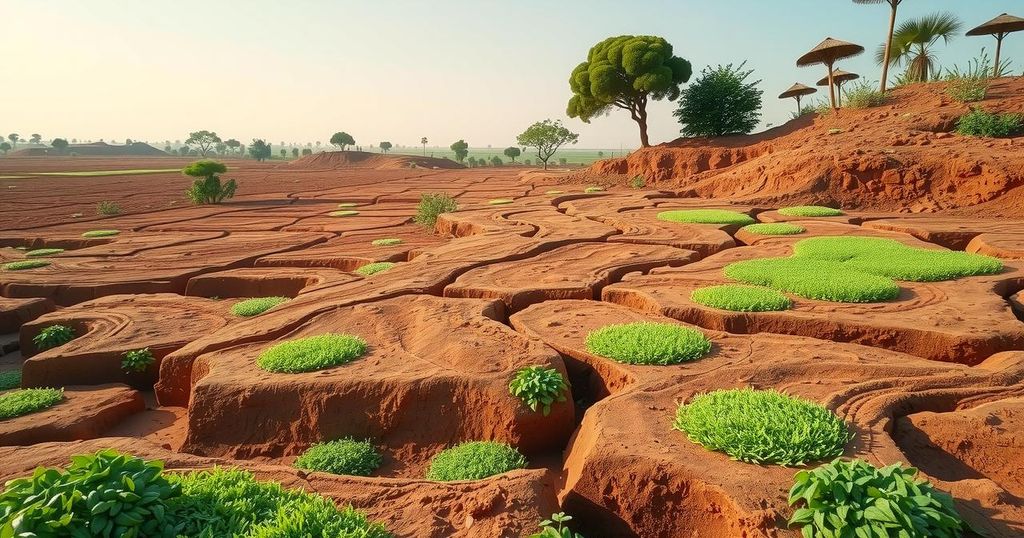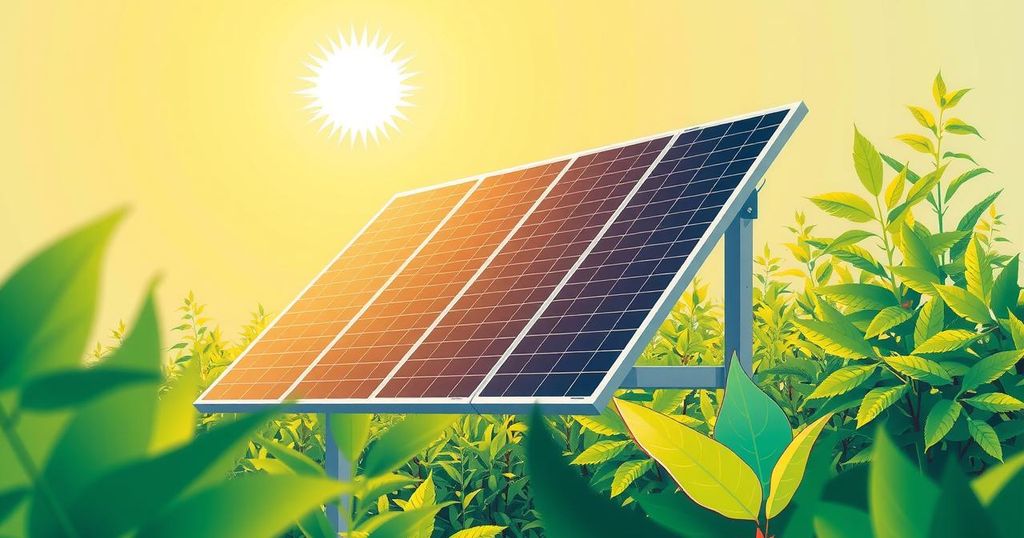Mauritania is actively working to become a major source of fresh produce by utilizing its agricultural resources and attracting investment. Key efforts include enhancing infrastructure, promoting exports beyond watermelons, and positioning itself competitively alongside other regional producers like Morocco and Egypt. The government is focused on horticulture as a priority sector for economic growth and food security.
Mauritania, a vast country in northwest Africa, strives to become a prominent source of fresh produce by leveraging its considerable untapped agricultural potential. This effort is driven by the need for self-sufficiency and a growing enthusiasm for cultivation, as articulated by Aichetou Taffa, the Director of Agricultural Investment and Export Promotion at the National Society for Rural Development.
Aichetou highlights the nation’s appeal for agricultural investment due to its extensive arable land, abundant water resources, and a favorable climate for diverse crops. He notes, “My country is endowed with vast arable land, enormous water reserves, and a diversified climate that’s conducive to a wide range of crops,” underscoring the government’s active role in attracting investors and enhancing agricultural infrastructure.
Historically, Mauritania has been recognized in the global fresh produce market, particularly for its watermelons, which arrive early in Europe’s seasonal market. Aichetou remarks, “This experience has been fruitful, with Mauritanian players in the watermelon and melon industry pioneering the export of fresh produce and paving the way for other products.” He emphasizes that while watermelons dominate, there is potential for increased export of other vegetables and fruits.
Emphasizing horticulture as a priority for both food security and economic opportunity, Aichetou explains that the local market’s limitations necessitate an export focus. He states, “Exporting is a necessity, as well as an opportunity to position ourselves on the global market as a source of large volumes of fresh produce.” Thus, Mauritania aims to compete alongside regional leaders like Morocco and Egypt.
Aichetou notes significant advancements in agricultural export development, including the ongoing upgrades at the port of Nouakchott and extensive reclamation and irrigation projects by Sonader. He asserts, “We coordinate the participation of Mauritanian exporters in major trade fairs such as Fruit Logistica and Fruit Attraction to overcome the lack of origin awareness.” This strategy is crucial for expanding the market reach of Mauritanian products.
Currently, investors from several countries, including Morocco, the United Arab Emirates, France, and Sudan, are engaged in agriculture within Mauritania. Aichetou concludes, “We are preparing the ground for more growers, and ensuring that we provide a platform for exporters,” affirming the country’s commitment to identifying priority crops that will benefit from technological advancements and expert knowledge.
In summary, Mauritania aims to enhance its position as a key provider of fresh produce in the global market by capitalizing on its agricultural strengths. Driven by government initiatives and foreign investment, the country is committed to expanding its horticulture sector, improving agricultural infrastructure, and fostering exports, thereby addressing both local food security and international market demands.
Original Source: www.freshplaza.com




